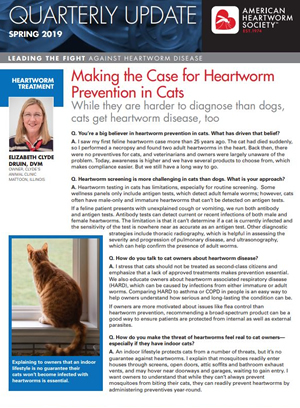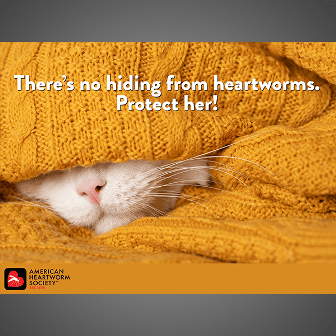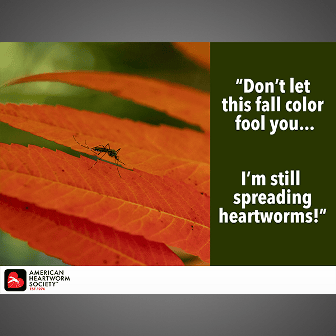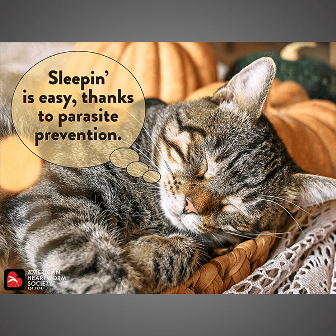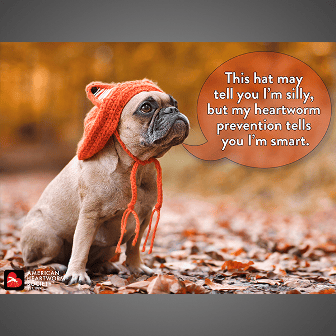Elizabeth Clyde Druin, DVM
Owner, Clyde's Animal Clinic, Matton, Illinois
While they are harder to diagnose than dogs,While they are harder to diagnose than dogs,cats get heartworm disease, too
Open/Download Quarterly Update as PDF
Q. You’re a big believer in heartworm prevention in cats. What has driven that belief?
A. I saw my first feline heartworm case more than 25 years ago. The cat had died suddenly, so I performed a necropsy and found two adult heartworms in the heart. Back then, there were no preventives for cats, and veterinarians and owners were largely unaware of the problem. Today, awareness is higher and we have several products to choose from, which makes compliance easier. But we still have a long way to go.
Q. Heartworm screening is more challenging in cats than dogs. What is your approach?
A. Heartworm testing in cats has limitations, especially for routine screening. Some wellness panels only include antigen tests, which detect adult female worms; however, cats often have male-only and immature heartworms that can’t be detected on antigen tests. If a feline patient presents with unexplained cough or vomiting, we run both antibody and antigen tests. Antibody tests can detect current or recent infections of both male and female heartworms. The limitation is that it can’t determine if a cat is currently infected and the sensitivity of the test is nowhere near as accurate as an antigen test. Other diagnostic strategies include thoracic radiography, which is helpful in assessing the severity and progression of pulmonary disease, and ultrasonography, which can help confirm the presence of adult worms.
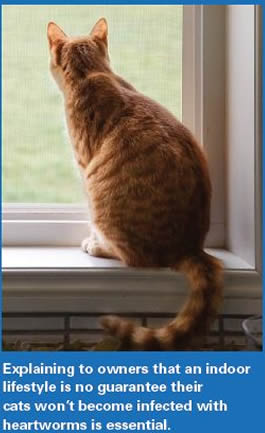
Q. How do you talk to cat owners about heartworm disease?
A. I stress that cats should not be treated as second-class citizens and emphasize that a lack of approved treatments makes prevention essential.
We also educate owners about heartworm associated respiratory disease (HARD), which can be caused by infections from either immature or adult
worms. Comparing HARD to asthma or COPD in people is an easy way to help owners understand how serious and long-lasting the condition can be.
If owners are more motivated about issues like flea control than heartworm prevention, recommending a broad-spectrum product can be a good way to ensure patients are protected from internal as well as external parasites.
Q. How do you make the threat of heartworms feel real to cat owners—especially if they have indoor cats?
A. An indoor lifestyle protects cats from a number of threats, but it’s no guarantee against heartworms. I explain that mosquitoes readily enter
houses through screens, open doors, attic soffits and bathroom exhaust vents, and may hover near doorways and garages, waiting to gain entry. I
want owners to understand that while they can’t always prevent mosquitoes from biting their cats, they can readily prevent heartworms by
administering preventives year-round.


